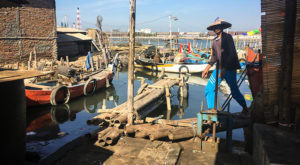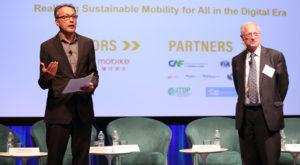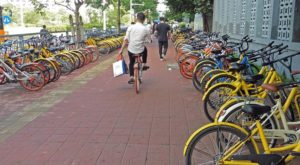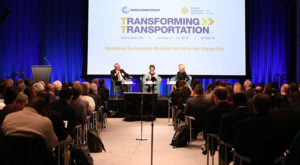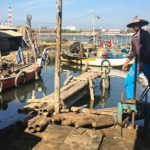
One of the biggest challenges to climate action is not only understanding the risks of flooding, extreme heat and other challenges, but how your community might respond to these risks. What are its strengths? How might policymakers augment existing capacities ...


In April, Piyush Goyal, the power minister at the time, claimed that India would introduce electric vehicles with such vigor that by 2030, there would be no petrol or diesel vehicle left to register. The following month, the Niti Aayog ...


The majority of the energy used by buildings is wasted, resulting in increased energy costs and air pollution. Among C40 cities, this translates to between 50 percent and 75 percent of citywide carbon emissions. Therefore, due to the sheer amount of energy consumed by buildings, ...


China has more than 16 million bikes on the streets today that don’t belong to anyone and pass from rider to rider with the tap of a smartphone. With the new addition of new dockless models, many are simply left ...


Countless cities are struggling to rein in development that is pushing their peripheries further and further from the city center. By 2030, many medium-sized cities in the global south are projected to double or triple in population, and much of ...

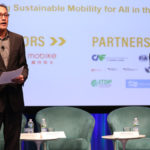
Beyond the technological revolution underway in transport today, gender was an underlying theme of Transforming Transportation this year. Transport is not gender neutral, not matter where you are, said a chorus of experts during the opening panel on day two. “Gender is often a more robust determinant of modal choice than ...


Dozens of “dockless” bike-sharing startups have emerged in the past few years, offering apps where riders can locate bicycles, unlock them and leave them wherever their ride ends. The result in some Chinese cities has been more than a million ...

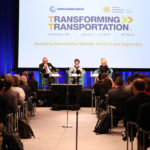
“We are seeing in cities around the world and transport systems around the world, the beginning of a revolution,” said World Resources President and CEO Andrew Steer in Washington today. Welcoming more than 800 transport experts, policymakers, researchers and private ...


Exponential progress in how we collect, process and use data is fundamentally changing our societies and economies. But the new digital economy depends fundamentally on a very physical enabler. Amazon and Alibaba would not exist without efficient ways to deliver ...


Fewer than 3 people per 100,000 are killed in road crashes in Sweden every year, less than almost anywhere else in the world. In contrast, it’s 11 per 100,000 in countries like India and the United States. One reason for ...

Page 62 of 337« First...1020...616263...7080...Last »







